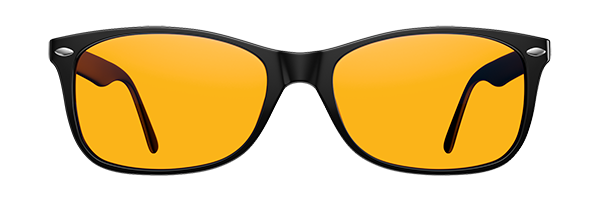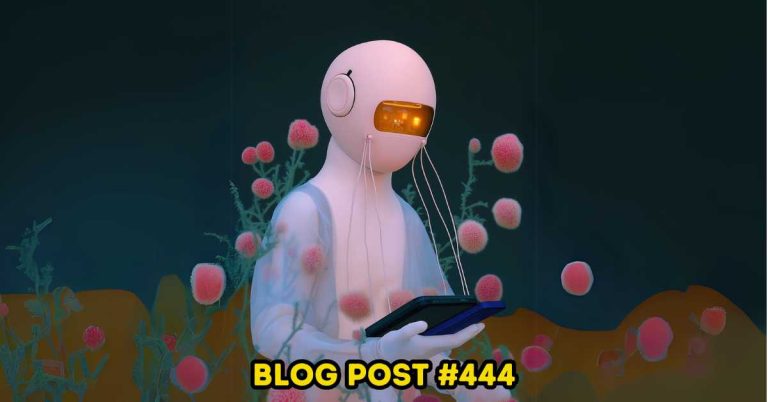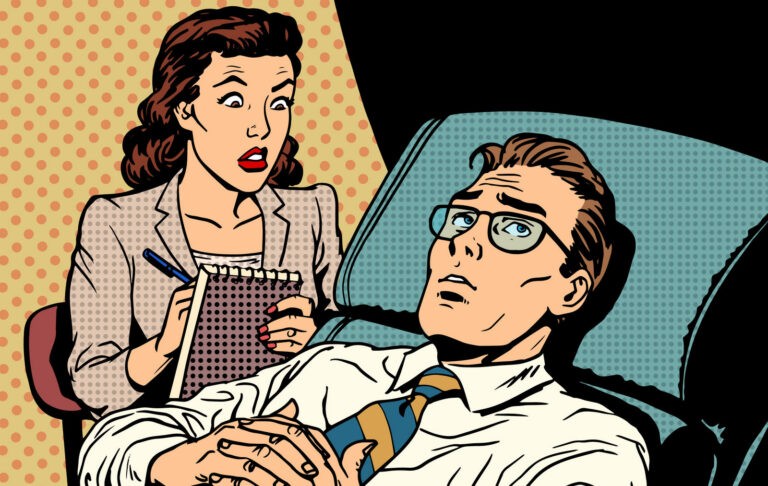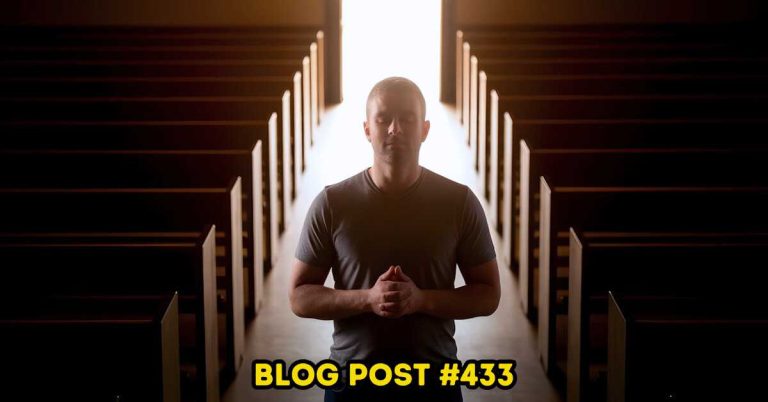A healthy body is a happy body. This being said, after looking at laptop screens, smartphones, and/or TV’s for at least 8 hours per everyday (probably 14h, if I have to be honest) for several years, I realized that my eyes are under a lot of strain and they were unhappy with my lifestyle.
Having this issue, I approached other busy entrepreneurs and asked them whether they have any recommendations for eye protection. Surprisingly, while they had the same issue, most of them didn’t do much about it. As far as I could tell, they just allowed their eye strain to deteriorate to the point they needed glasses or surgery. Obviously, I was not happy with this “do nothing” approach so I decided to investigate some eye protection techniques. Here are my findings:
1. F.lux: Eye Protection Software
F.lux is a free software that protects your eyes. It adjusts the default blue glow of a screen replacing it with a more eye friendly orange color. As the day progresses, the screen gets darker (or more orange) until nightfall when the screen becomes rather hard to look at. This is done on purpose to protect eyes from a day long exposure and relaxes the eyes (and the mind) so they are ready to fall asleep.
Of course, the color of the screen can be adjusted for things like movie watching to get the full spectrum of light to see this movie as it is supposed to be, or adjustments can be made for those of you who like to work late. Either way, f.lux seems to be one of these essential tools which all laptop busy entrepreneurs must have.
(PS: I looked for similar apps for mobile, but could not find one, so if someone knows one, please let me know in the comments).
You can download f.lux software here.

2. Blue Light Blocking Glasses
Similarly to the f.lux software, I use blue light blocking glasses, which further protect my eyes from the blue light. You can buy these glasses on amazon, eBay, aliexpress, or any other platform for as little as 3 USD per pair and these cheap glasses arguably work almost as good as the 100 USD glasses, so here is a pro-tip: don’t waste your money unnecessarily.
3. Pomodoro technique
The Pomodoro Technique was invented in the 1980s by Francesco Cirillo. It’s a time management technique which recommends taking periodic breaks every 25 minutes, separated by a break of around 5 minutes. This technique works because it helps you relax your mind, body, and prevents eye strain, increasing energy and focus.
Arguably, some people think that taking a break every 30 minutes is too much, which is why I prefer to work for 50 minutes and then take a 10 minute break.

4. Look at the Sky
While looking at the screen for a prolonged period of time, our pupils narrow and stay narrowed for as long as we are looking at the screen. This is both unhealthy and unnatural and over time can damage our eyes. Respectfully, while taking the recommended breaks, we can take a look at objects far away, like the clouds and the sky, relaxing our pupils and preventing eye strain.
5. Sunday No Screen
My job predominantly involves looking at a screen, so over time I decided to take obligatory days off, which for me are Sundays. During these days, I try not to do anything related to screen watching and everything I would not normally do during my otherwise busy week.
Certainly, I don’t always manage to take every Sunday off and sometimes my day off is during some other day during the week, which on these occasions I adjust my schedule and work on Sunday (life of an entrepreneur). Still, overall, it’s good to take a day off and not think about everything that we need to do during other parts of the week, as many people are unable to do this.

6. Eye Health Vitamins and Supplement
Today, eye protection is a universal need. Almost every pharmacy in the world offers some sort of eye health vitamins and supplements, which you can use to supplement your vision. Predominantly, the major ingredient in all these eye health vitamins and supplements are blueberries, which is why I like to regularly buy this superfood of happiness.
7. Listen to Your Body
Your body knows best when you need a break and when you need to stop working altogether. This is important since many people push their bodies past their natural point, later suffering from accumulated fatigue, which can lead to being unfocused, unproductive, and depressed. In some extreme cases, this can lead to a burnout.
Arguably, most burnouts can be avoided if people are just aware of their needs. Respectfully, people who don’t follow these needs can later pay a premium on accumulated stress and fatigue, which offsets all the work they did during these extra working hours.
The same can be said about basic eye protection. We can proactively use the above mentioned techniques to stay healthy and happy, at the same time avoiding some unnecessary complications down the line.
For more health and happiness tips read here.














